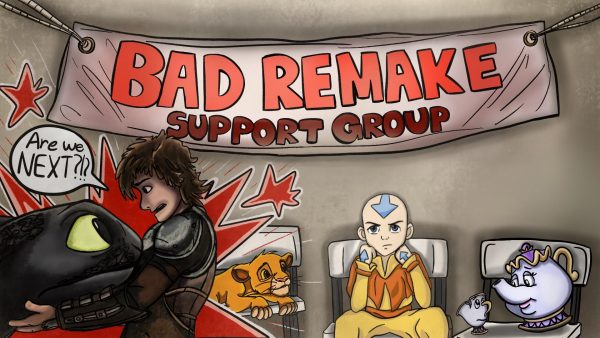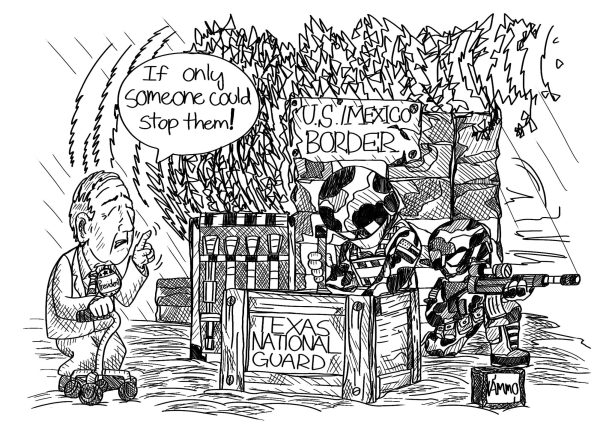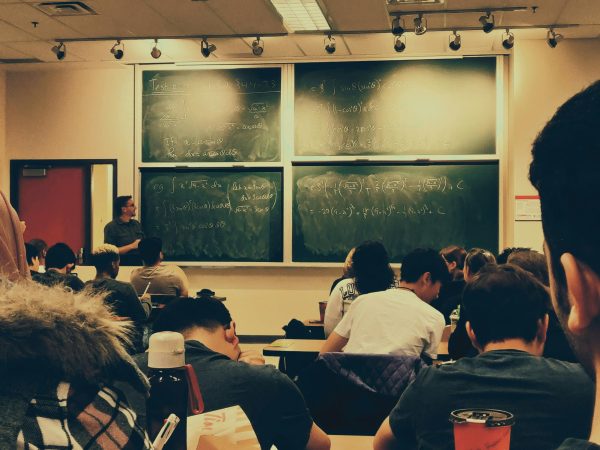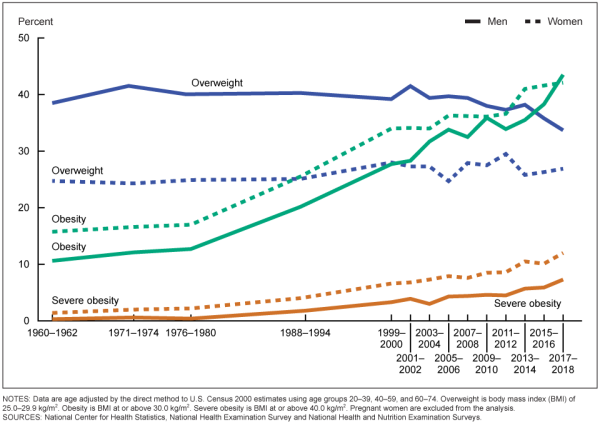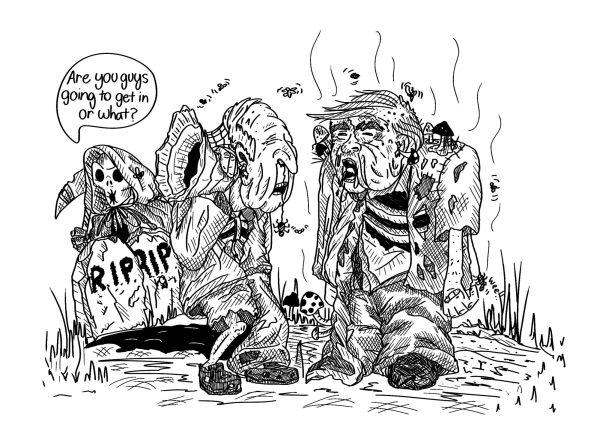DVC Political Science Professor Amer Araim: Islam and Other Religions Recognize Mothers’ Contributions

Amer Araim, DVC Adjunct Professor
May 12, 2021
I was asked once, “Do Muslims observe Mother’s Day?”
I said yes because Islam and other religions command their followers to recognize the contributions of mothers to their families and particularly to their children, as well as to humanity.
In the Quran there is a command from Allah to worship Him and be kind to parents. “Whether one or both of them attain old age in thy life, say not to them a word of contempt, nor repel them, but address them in terms of honor.”
Prophet Muhammad said, “Paradise lies under the feet of mothers,” which means showing love and respect to mothers will bring rewards from God.
My mother was a great woman.
She was the manager and educator as we grew up in Iraq. I was 15 years old and the oldest of six children when my father died. Though the family had assets, it was difficult.
From the beginning, my mother, Layla, told us that we should concentrate on our schoolwork and not depend on family wealth. She would ask us every day about our studies.
As a teenager, I became involved in politics, presenting a dilemma for my mother. She wanted me to grow up knowing about my country, but there was a lot of repression, and she was afraid that I would be hurt. I and my siblings completed our studies and entered public life due largely to the support and dedication of our mother.
When I came to America to work as a diplomat, I wrote to her about Mother’s Day and how she had helped me to come here. She had been with me in every moment of my struggle, whether in my studies or becoming a diplomat. If not for her, for what she did, my life would have been completely different,
When I resigned from the Iraqi government and joined the United Nations, my mother feared she would not see me again. Yet, when she learned that I was doing well and happy in America, she was pleased.
The situation between the United States and Iraq was tense. Whenever I called my mother, she would tell me, “Stay where you are, and I will be happy.” But I was longing to see her.
I decided to petition the State Department, which agreed to grant my mother a visa. Soon after her arrival, the war drumbeats of President George W. Bush began. Bay Area journalists came to my house asking me about the coming conflict.
One requested me to ask my mother whether she was happy to be here away from the future war zone in Iraq. She responded, “No. I don’t want to be here while my children and grandchildren will face death by the airplanes, which will destroy everything.”
My mother left the United States just before the beginning of the war in 2003. We would talk by phone. Then she became very ill. I wanted to visit her but was advised not to. I did not see her again before she died.
Every day, I pray to Allah to shower her with His mercy and blessing for all that she did for me and my brothers and sisters.
This Mother’s Day. I ask my fellow Americans to enjoy honoring and being with their mothers and to teach their children about the importance of mothers.
Amer Araim is an adjunct professor of political science at Diablo Valley College in Pleasant Hill and a former Iraqi diplomat in the United Nations. He is a resident of Walnut Creek.
*This article was originally published by The Mercury News.





































































